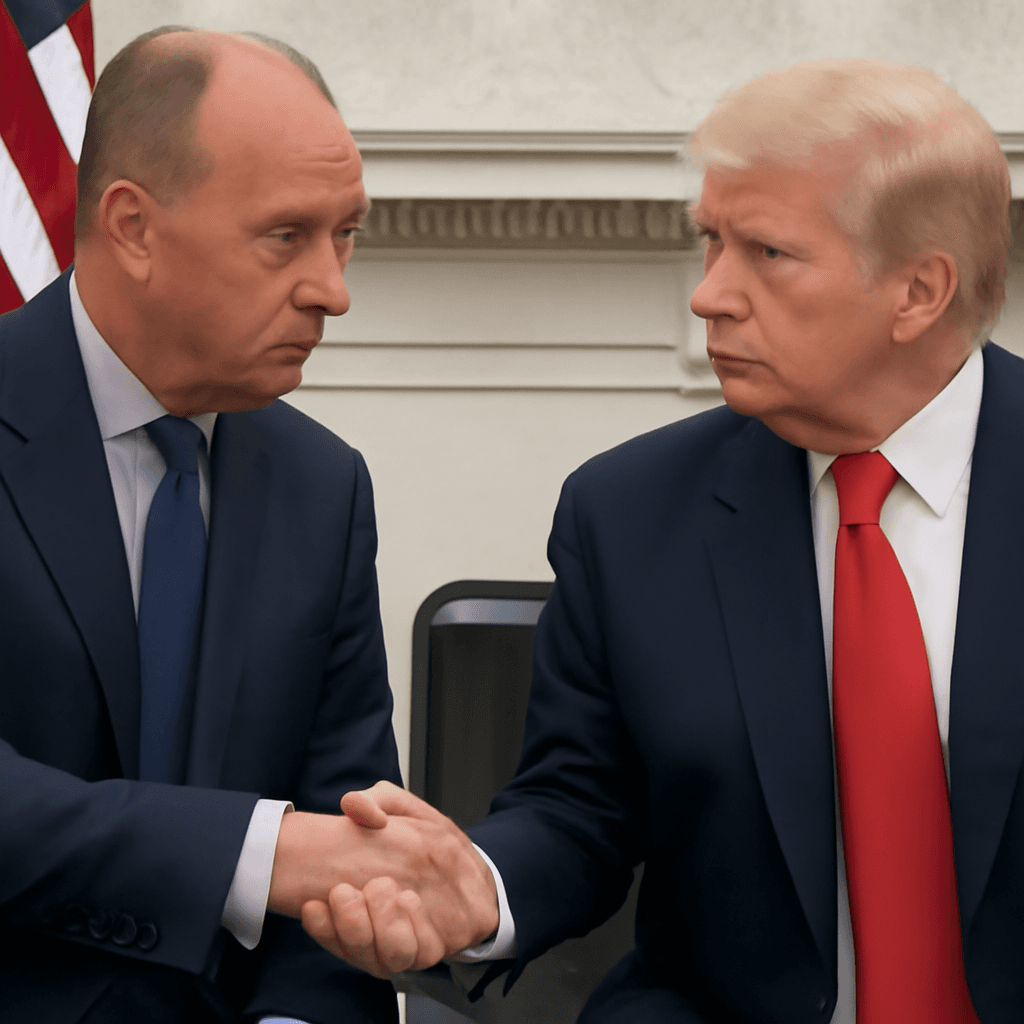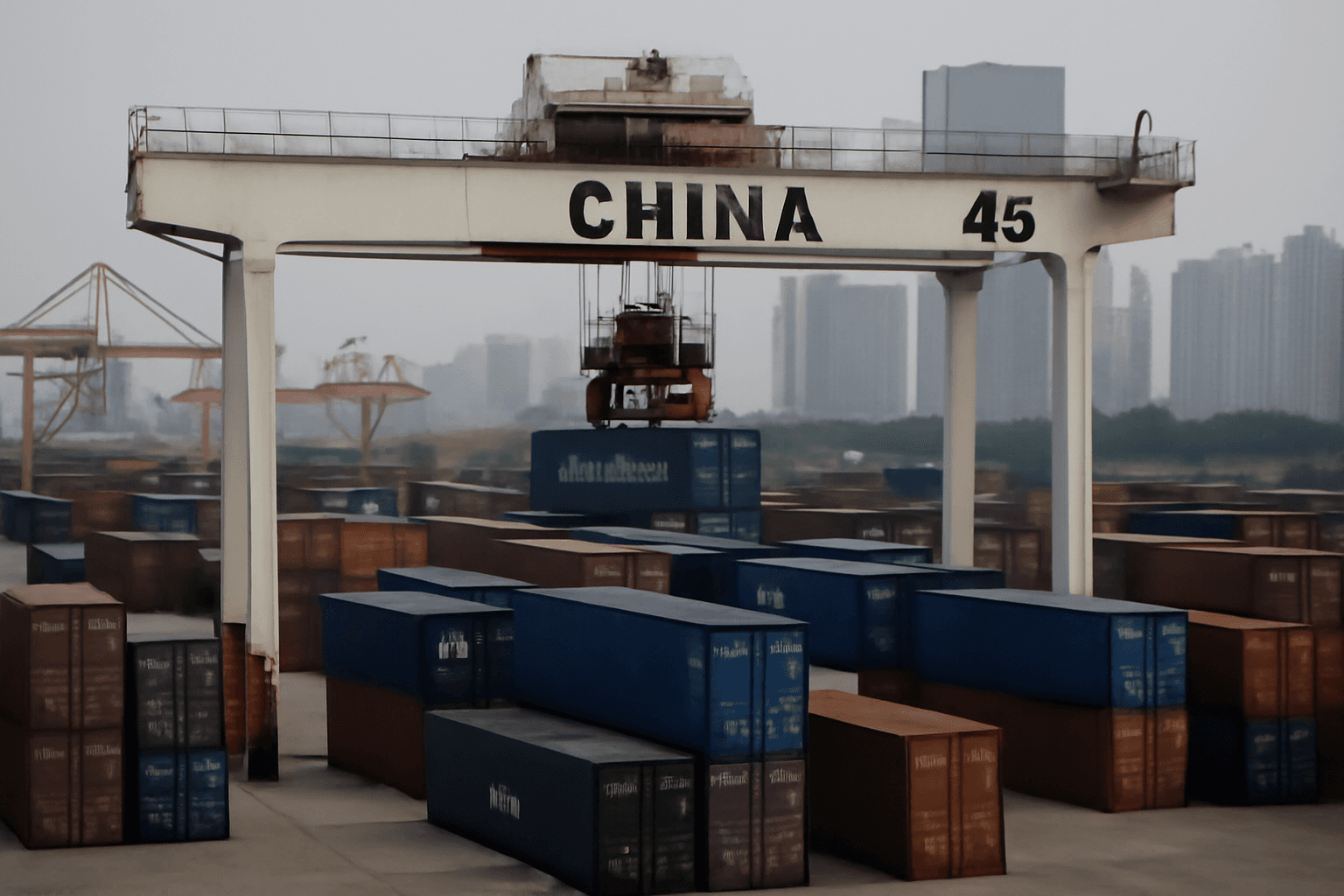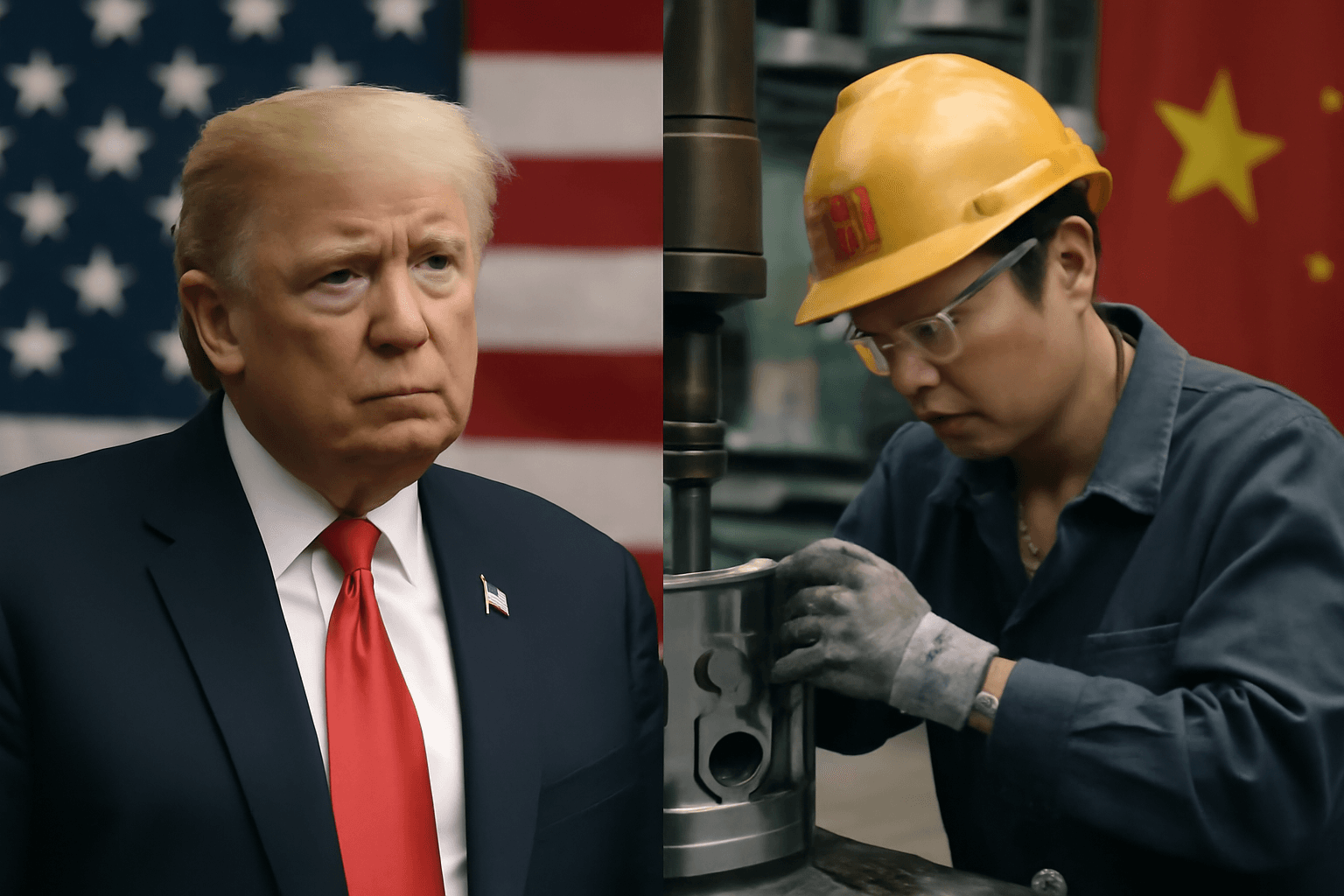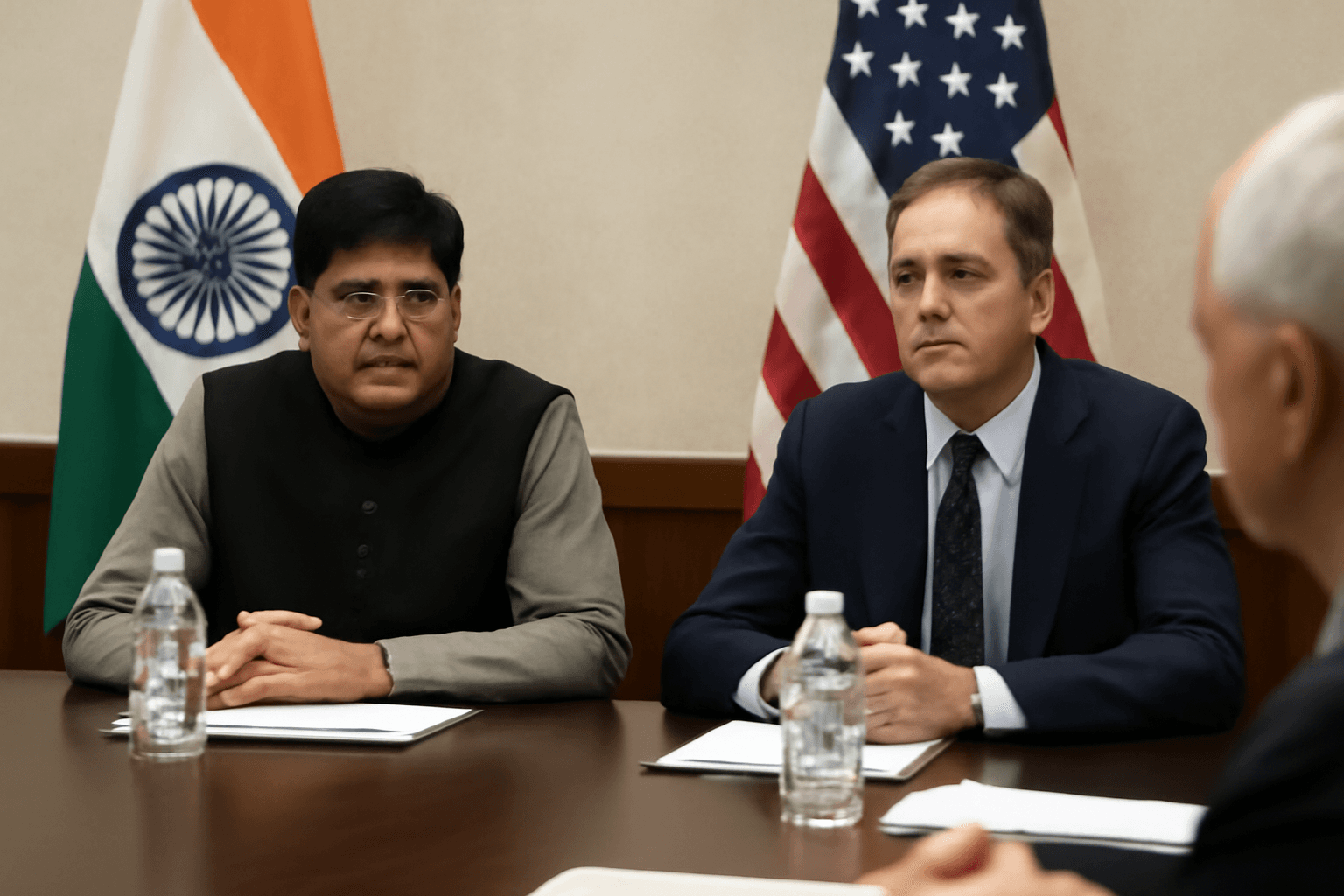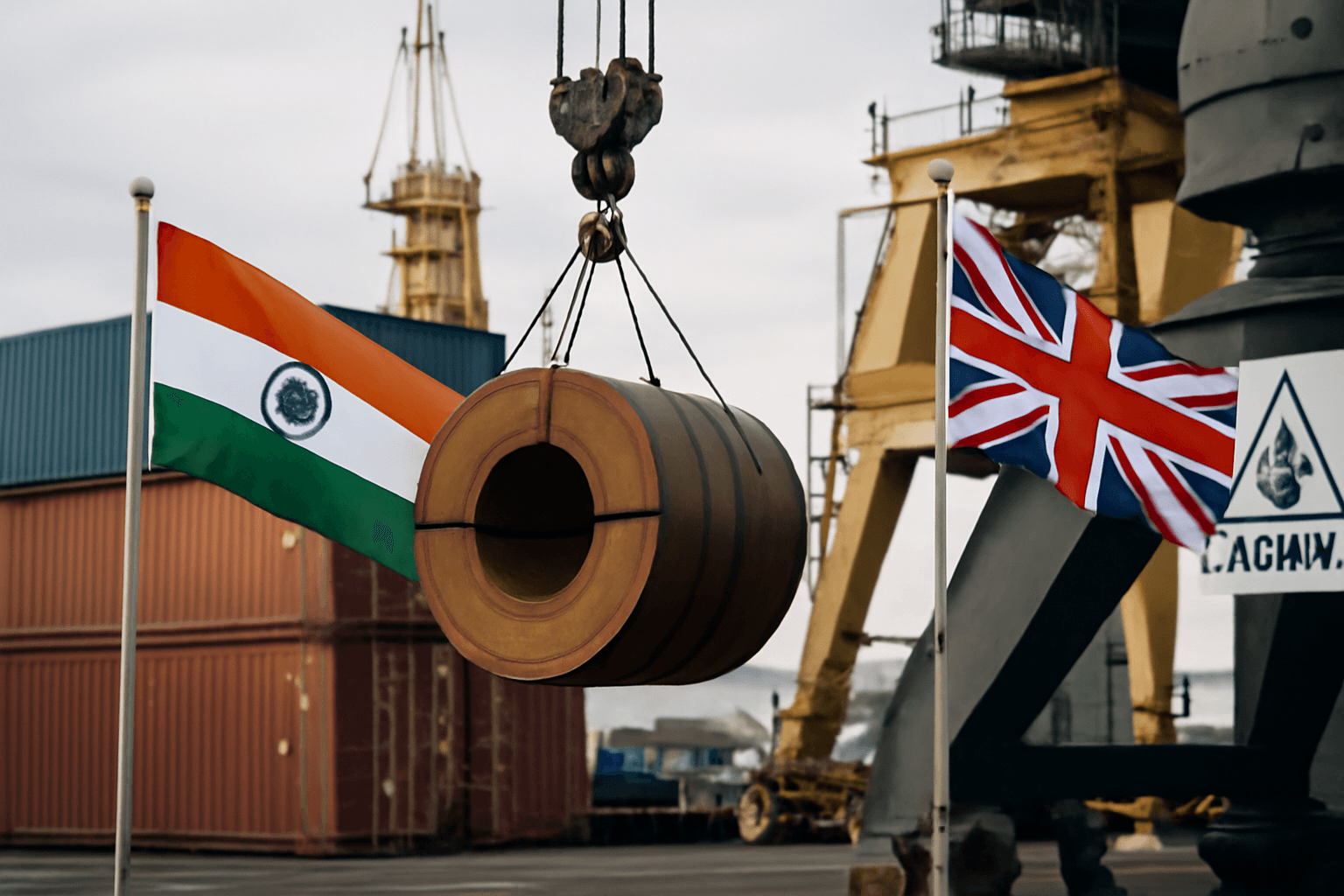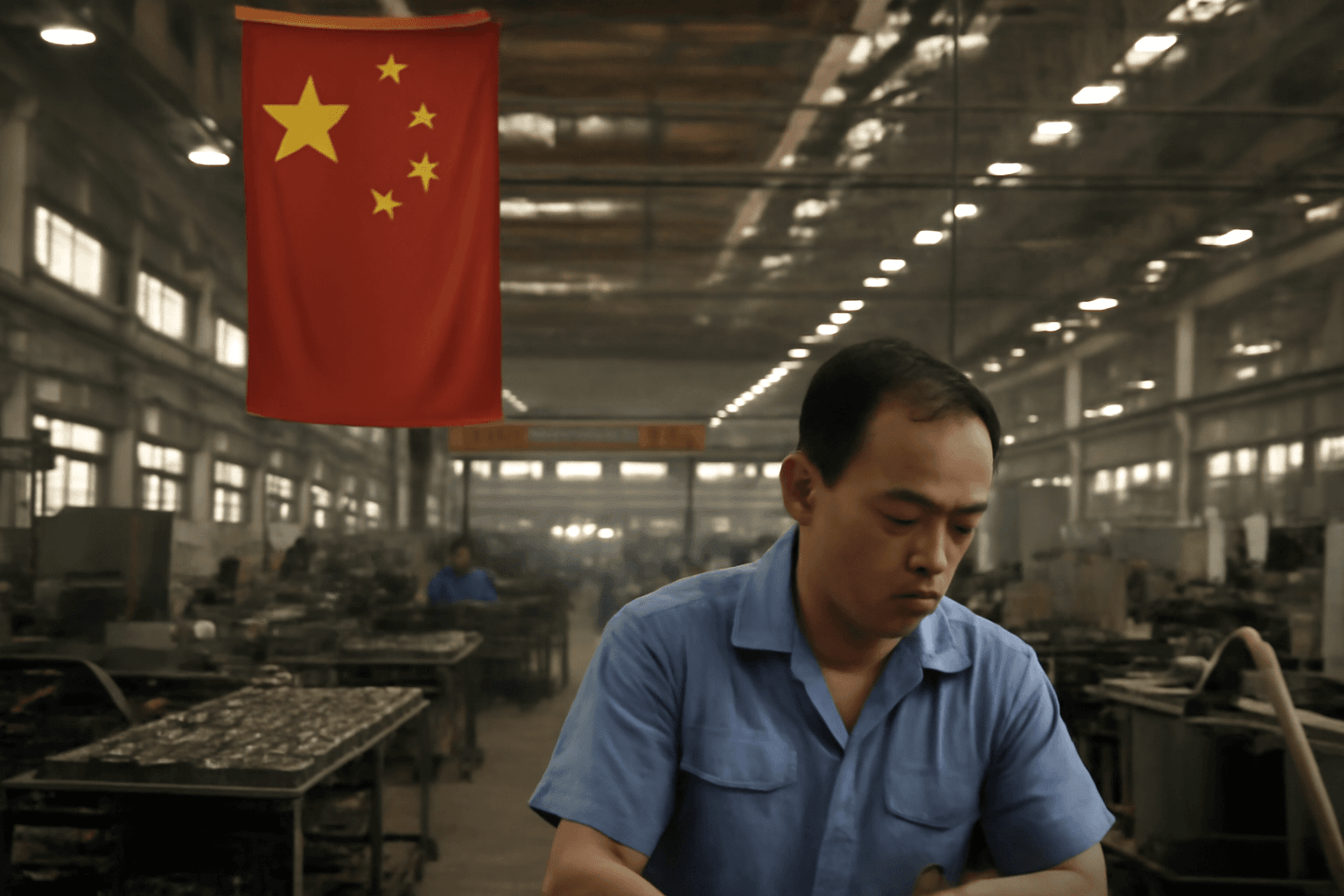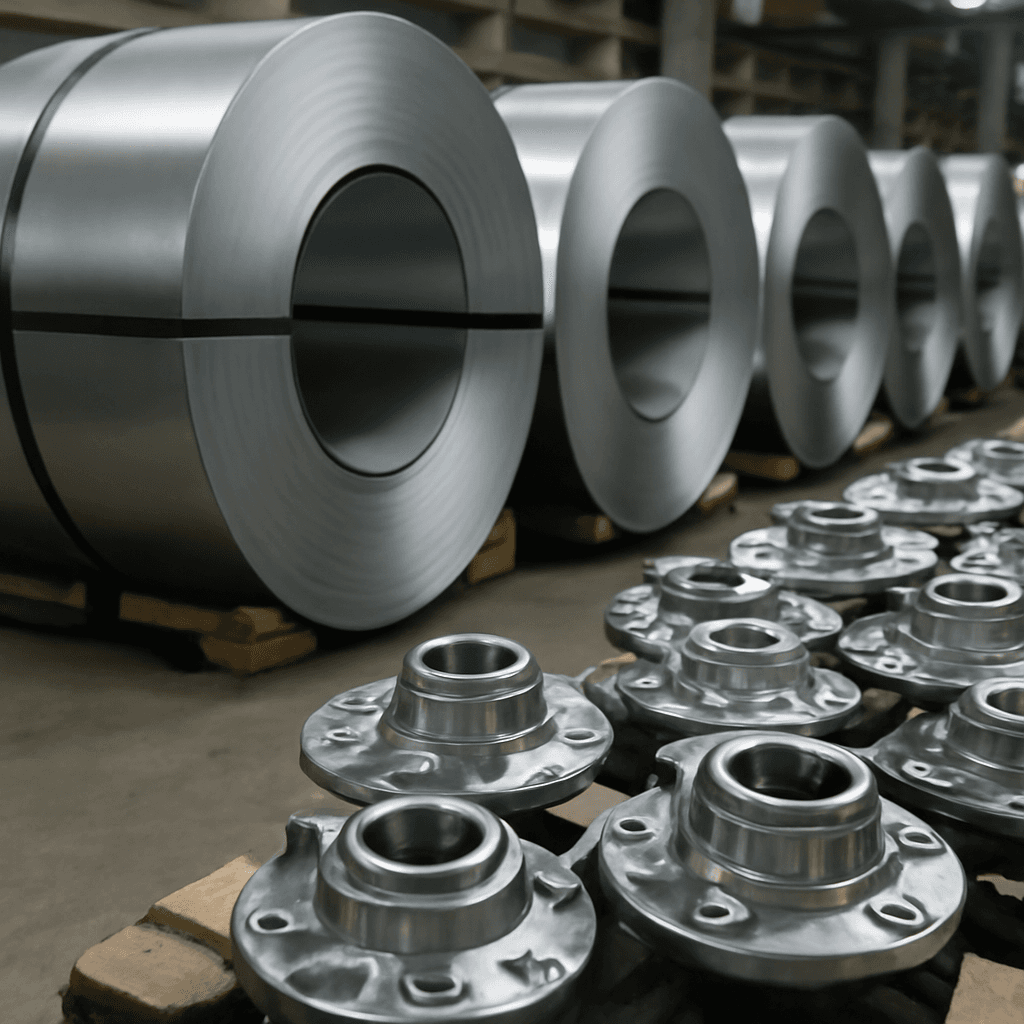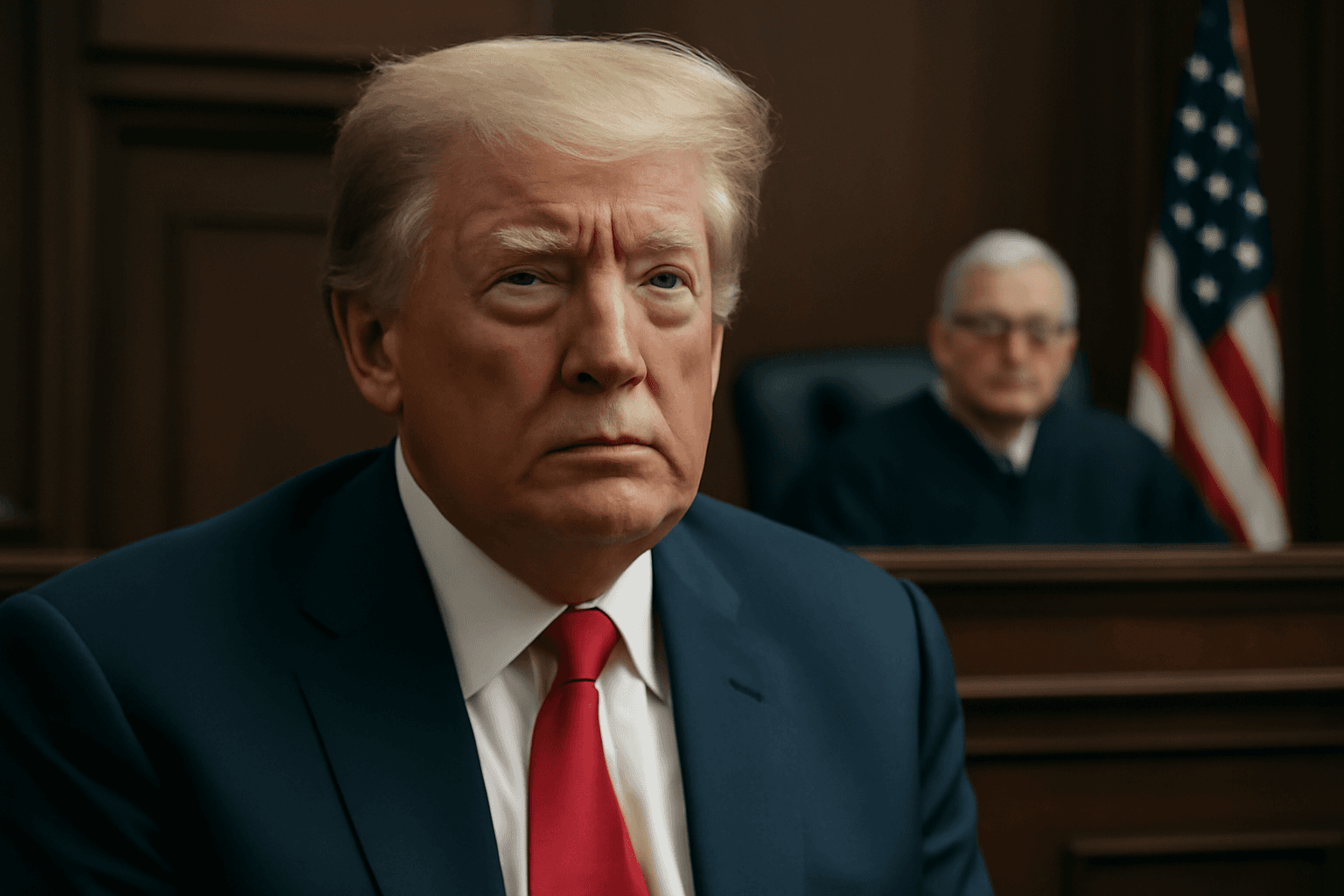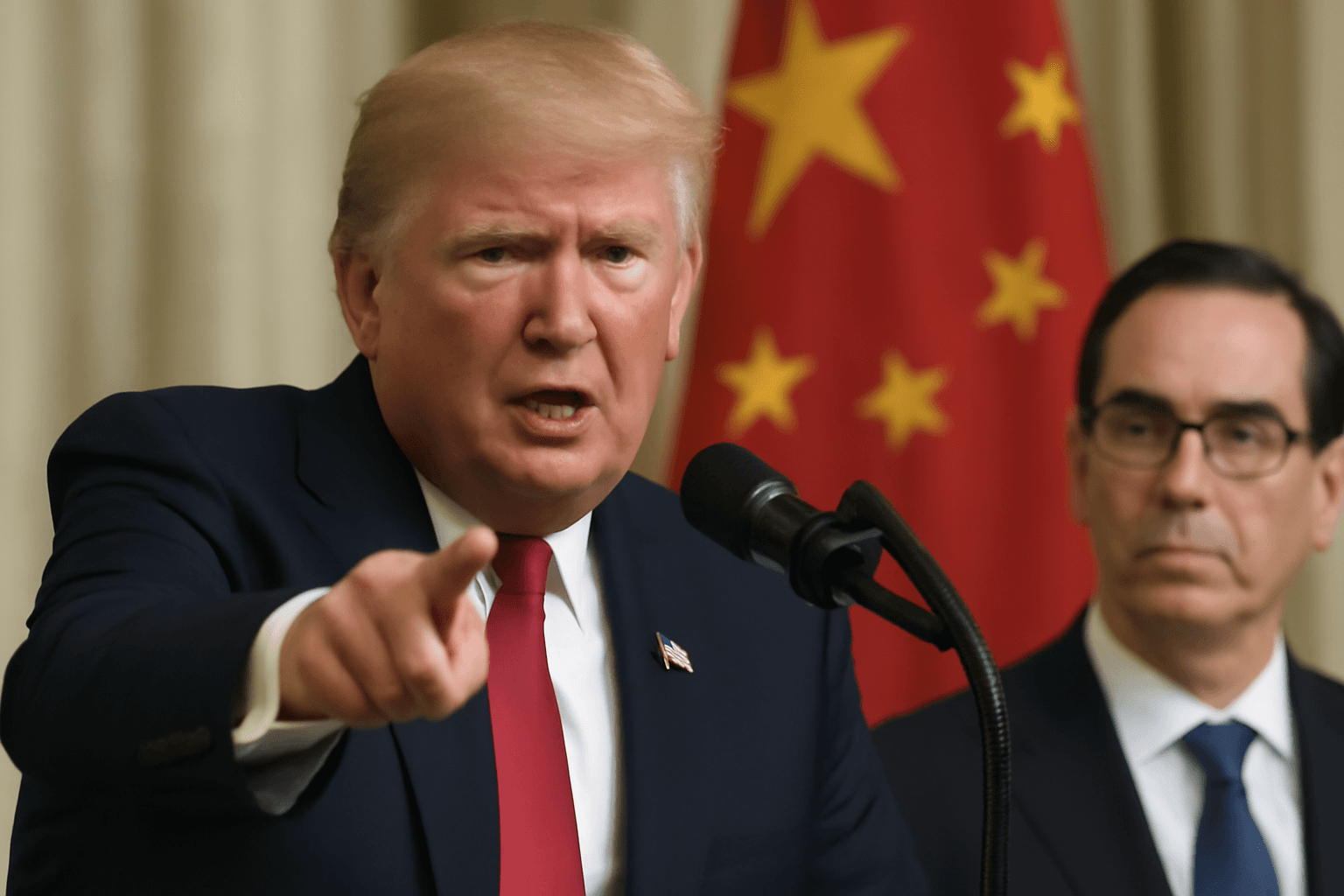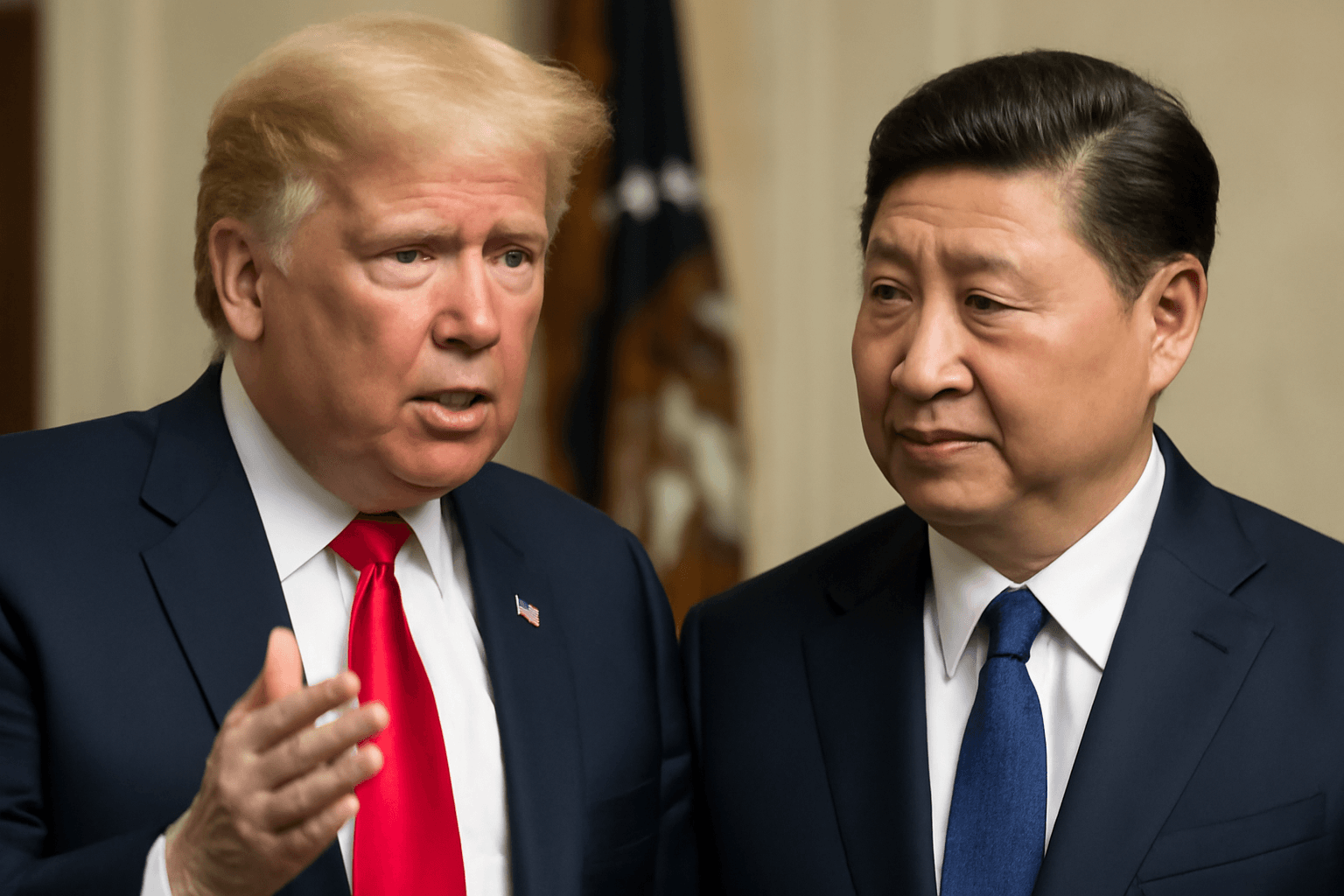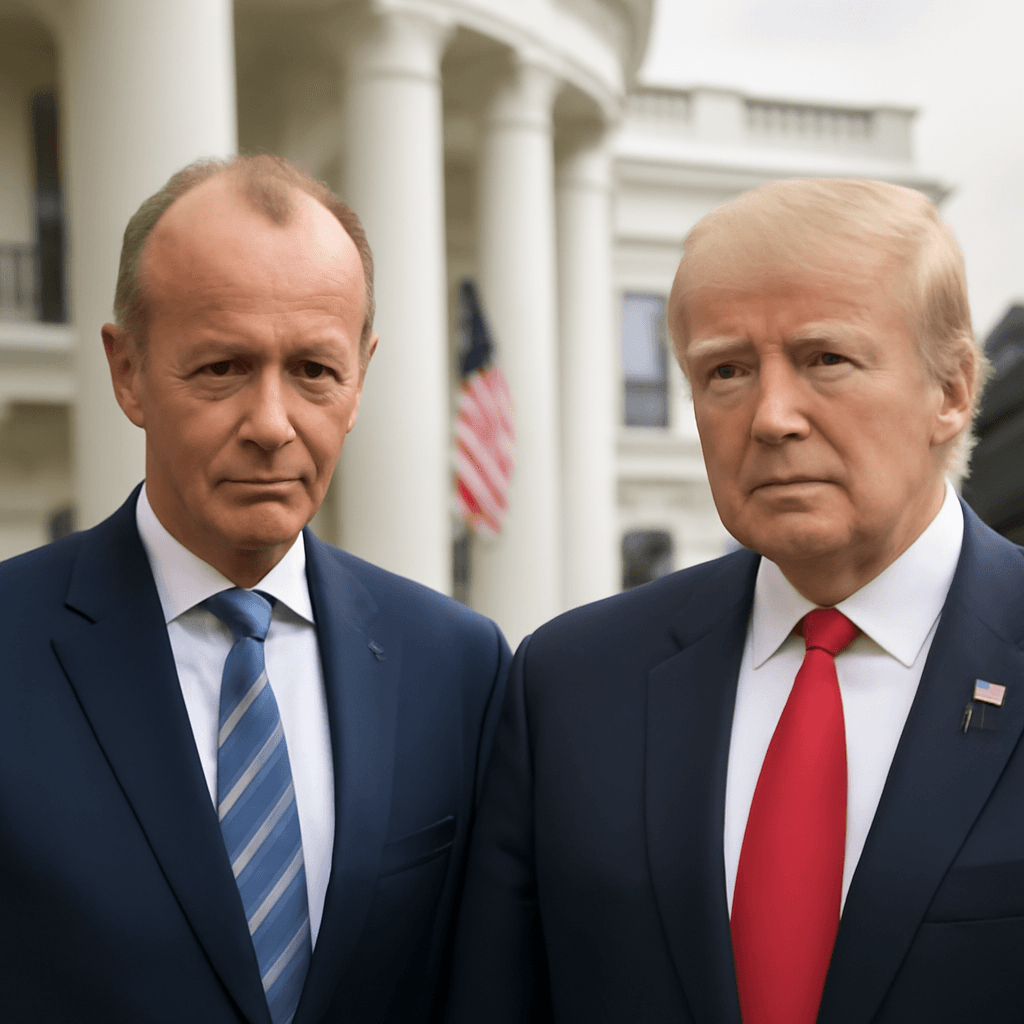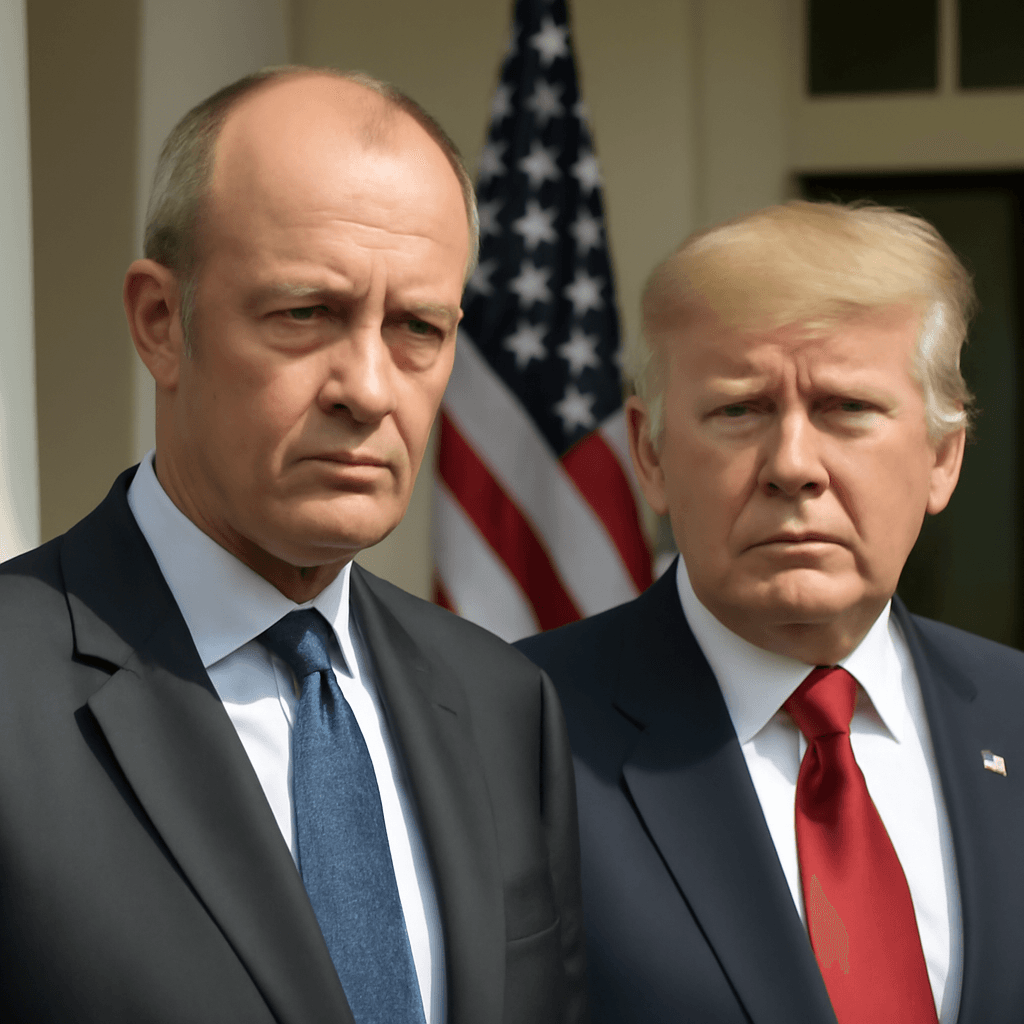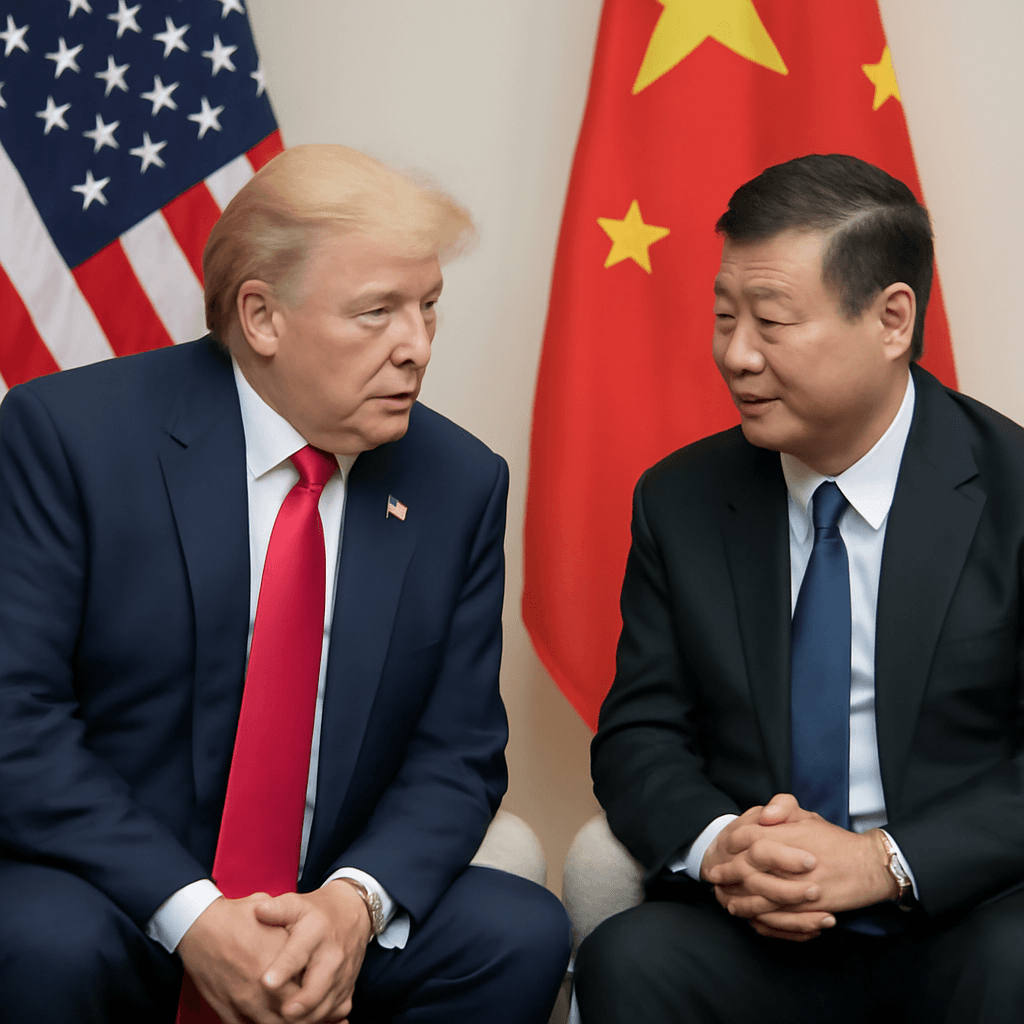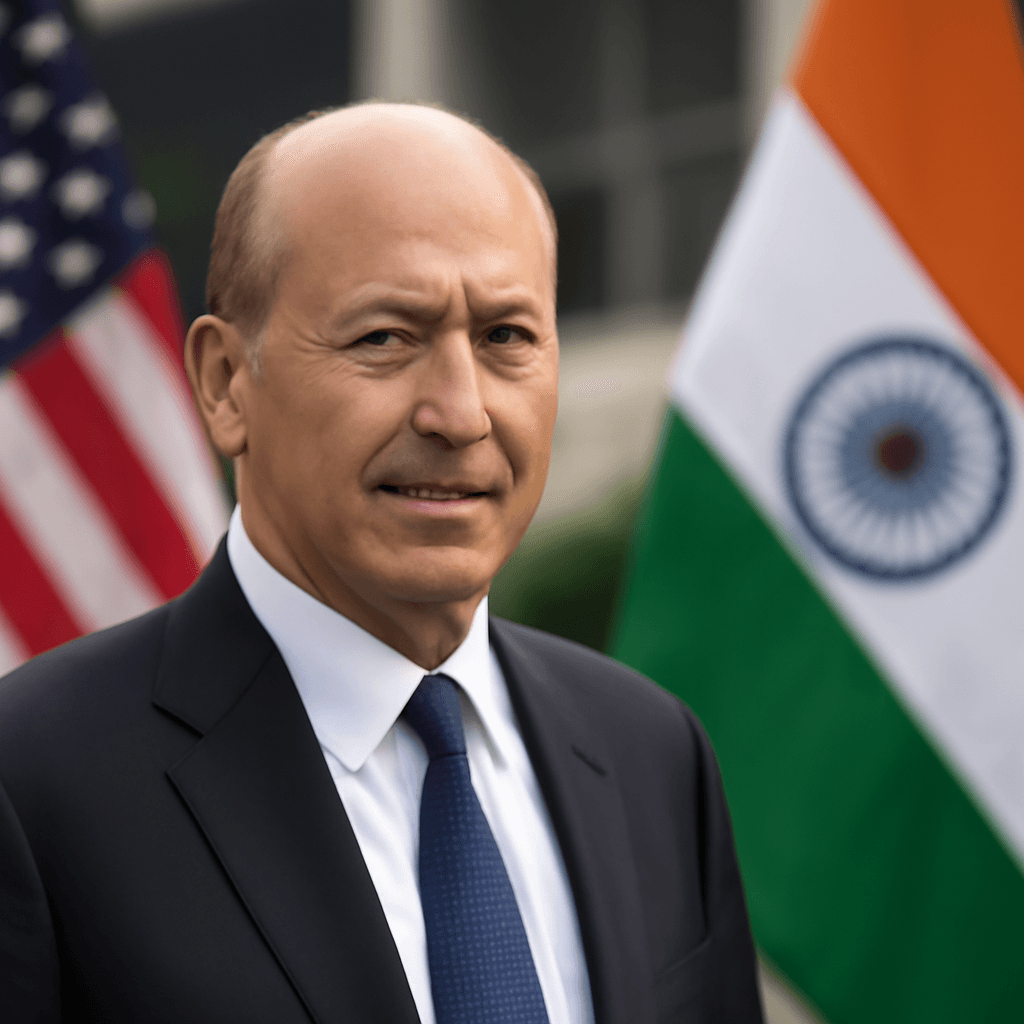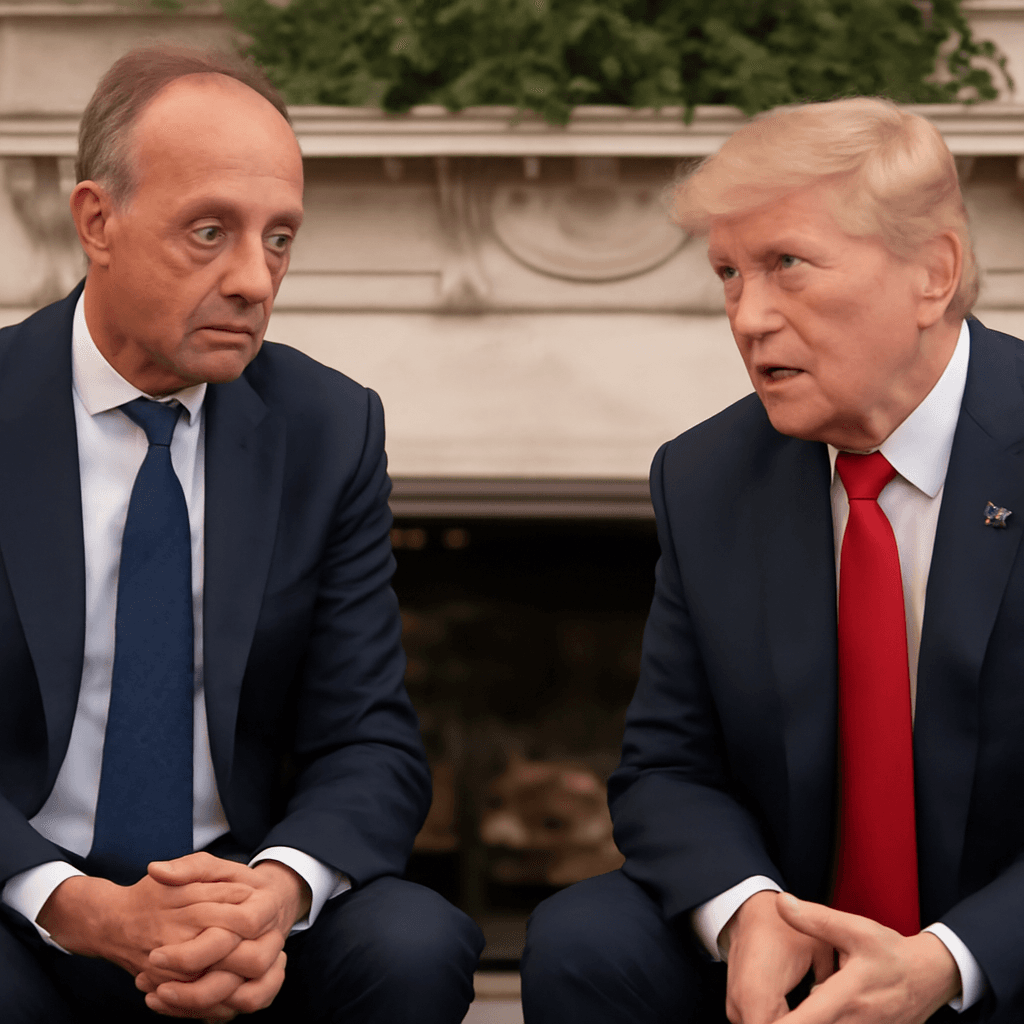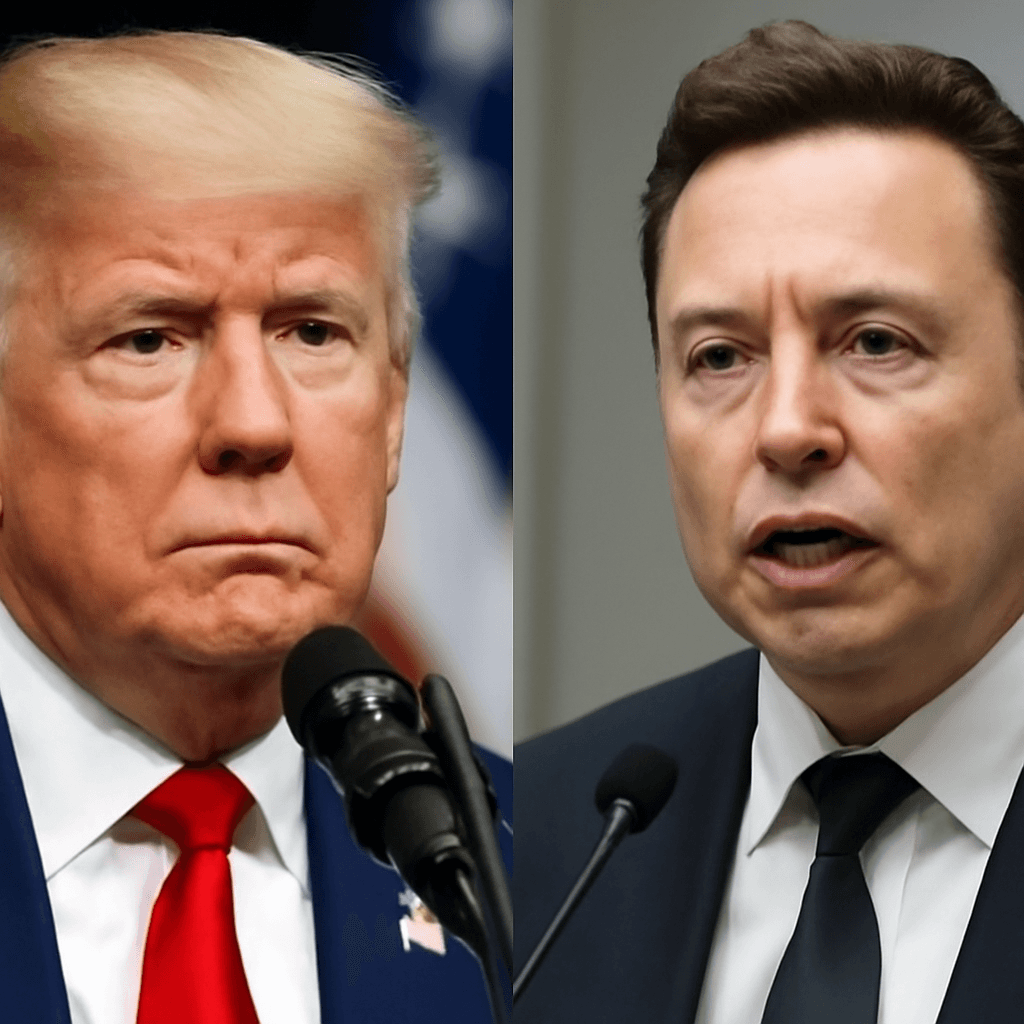Germany Ready to Enhance Trade Leadership
On June 5, 2025, German Chancellor Friedrich Merz expressed Germany’s willingness to assume a more prominent role in shaping future trade agreements as the United States and the European Union work to finalize a trade deal before a July 9 deadline. This announcement followed a high-level meeting with U.S. President Donald Trump held at the White House.
Constructive Discussion on Trade and Tariffs
During the discussion in the Oval Office and an extended lunch, Merz and Trump focused extensively on trade matters and tariff issues. Merz emphasized the significant presence of German automakers in the U.S., highlighting manufacturing facilities and production volume. He stated:
“German manufacturers produced about 400,000 vehicles in the United States—approximately equal to production numbers in Germany. Many of these cars are subsequently exported back to Germany.”
He proposed recognizing this balance to reconsider existing tariffs, urging the removal of levies that affect reciprocal trade.
Joint Commitment to Deepening Cooperation
Merz confirmed that officials from both sides would engage further to develop mutual solutions. While the European Union governs trade policies, Germany’s export capacity makes it a crucial stakeholder in negotiations. He remarked:
“We want to reach a mutual solution through enhanced cooperation.”
Implications of Potential Tariffs
The U.S. has imposed a 50% tariff on steel and aluminum imports from Europe and levies of 25% on car imports. Failure to reach an agreement by the July deadline could escalate tariffs on other European exports from the current 10% to as high as 50%. Merz warned the economic impact could be severe, particularly for German automakers operating in the U.S.
He conveyed to multiple media outlets that these tariffs threaten Germany’s economic interests and stressed the mutual benefits of free trade and open markets.
Outlook and Next Steps
Merz indicated he would collaborate with European Commission President Ursula von der Leyen to seek progress. Highlighting the stakes involved, he said:
- Trade disputes negatively impact all parties involved.
- German manufacturers support nearly one million American jobs.
- Resolution is achievable if momentum is maintained.
While optimistic about the potential to finalize a deal, Merz acknowledged that negotiations are still ongoing and the outcome remains uncertain.

